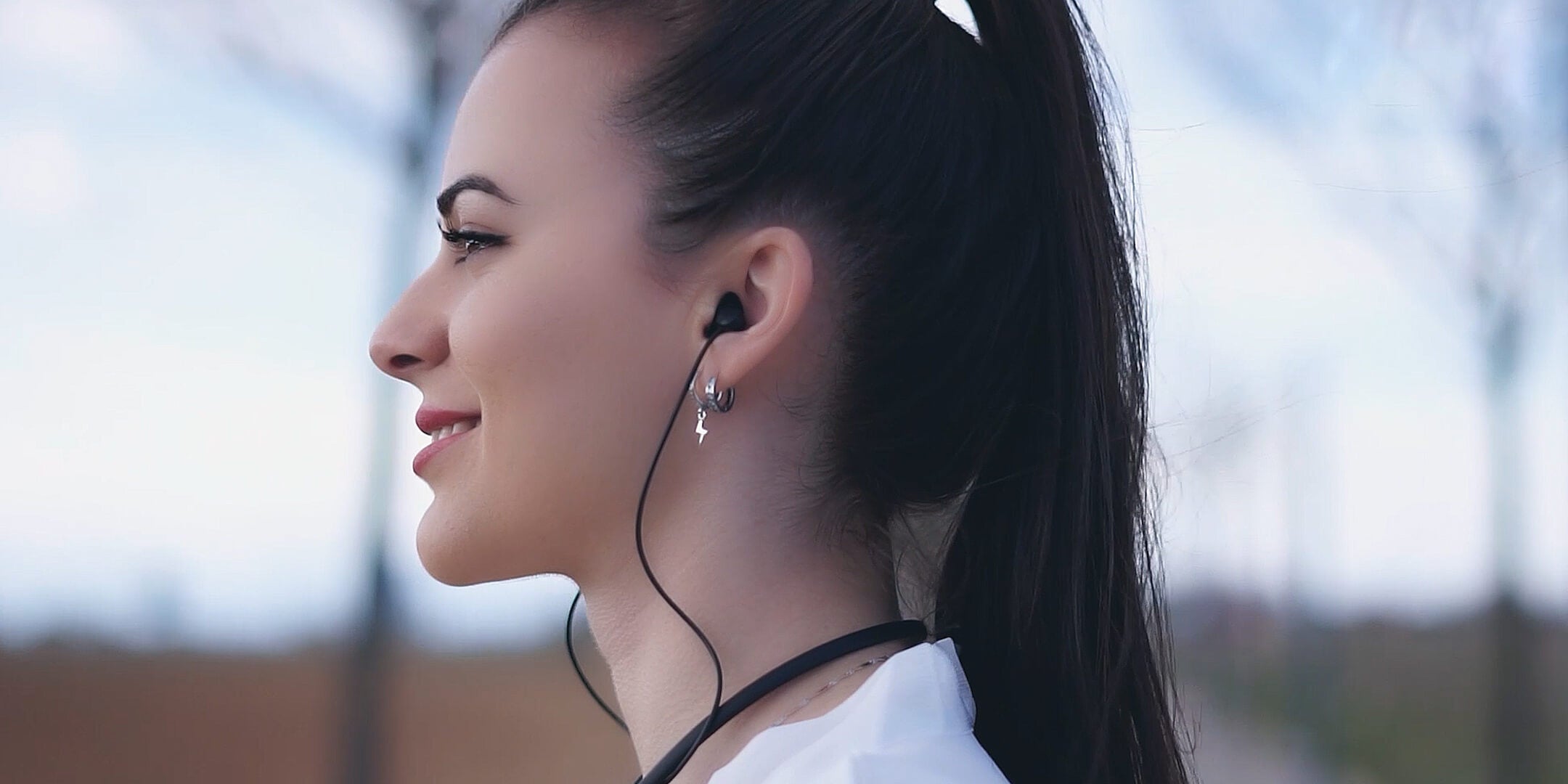How to Choose the Right Ear plugs for Sleeping and Achieve a Peaceful Night's Rest
Corps
Getting a good night's sleep is essential for our overall well-being and productivity. However, external noises can often disrupt our sleep, leading to restlessness and fatigue the next day. This is where ear plugs come in handy. By choosing the right ear plugs for sleeping, you can effectively block out unwanted sounds and achieve a peaceful night's rest.

Understanding the Importance of Choosing the Right Ear plugs
When it comes to selecting ear plugs for sleeping, it's crucial to consider factors such as comfort, noise reduction rating (NRR), and material. The right ear plugs should fit snugly in your ears without causing discomfort or pain. They should also provide adequate noise reduction to block out the specific sounds that disturb your sleep. Additionally, the material of the ear plugs should be hypoallergenic and safe for prolonged use.
Factors to Consider When Choosing Ear plugs for Sleeping
1. Noise Reduction Rating (NRR)
The Noise Reduction Rating (NRR) is a measure of how effectively ear plugs can reduce noise. It is typically expressed in decibels (dB). When choosing ear plugs for sleeping, look for a higher NRR to ensure better noise reduction. For example, if you are frequently exposed to loud noises, such as snoring or traffic sounds, opt for ear plugs with a higher NRR to block out these disturbances effectively.
2. Comfort and Fit
Comfort is paramount when it comes to wearing ear plugs for an extended period. Look for ear plugs that are made of soft and flexible materials, such as silicone or foam, which can conform to the shape of your ear canal. This ensures a comfortable fit and prevents any discomfort or pain that may arise from wearing ill-fitting ear plugs. It's also important to choose ear plugs that are the right size for your ears to ensure a secure fit.
3. Material and Hypoallergenic Properties
Consider the material of the ear plugs to ensure they are hypoallergenic and safe for use. Silicone and foam ear plugs are popular choices as they are gentle on the skin and do not cause irritation or allergic reactions. Avoid ear plugs made of latex or other materials that may trigger allergies.
4. Ease of Use and Maintenance
Choose ear plugs that are easy to insert and remove. Some ear plugs come with insertion aids or handles that make them easier to handle. Additionally, consider the maintenance requirements of the ear plugs. Disposable ear plugs are convenient as they can be easily replaced, while reusable ear plugs may require regular cleaning and proper storage.
Conclusion
Choosing the right ear plugs for sleeping is essential for achieving a peaceful night's rest. Consider factors such as noise reduction rating, comfort and fit, material, and ease of use when making your selection. By finding the perfect ear plugs for your needs, you can effectively block out unwanted sounds and enjoy a restful sleep.
References:
1. Sleep Foundation - How to Choose Earplugs for Sleep
2. Verywell Health - The 7 Best Earplugs for Sleeping of 2021
3. Healthline - The 9 Best Earplugs for Sleeping of 2021









commentaires